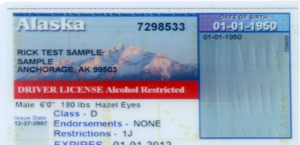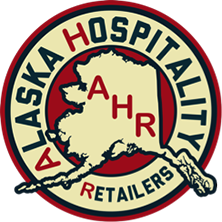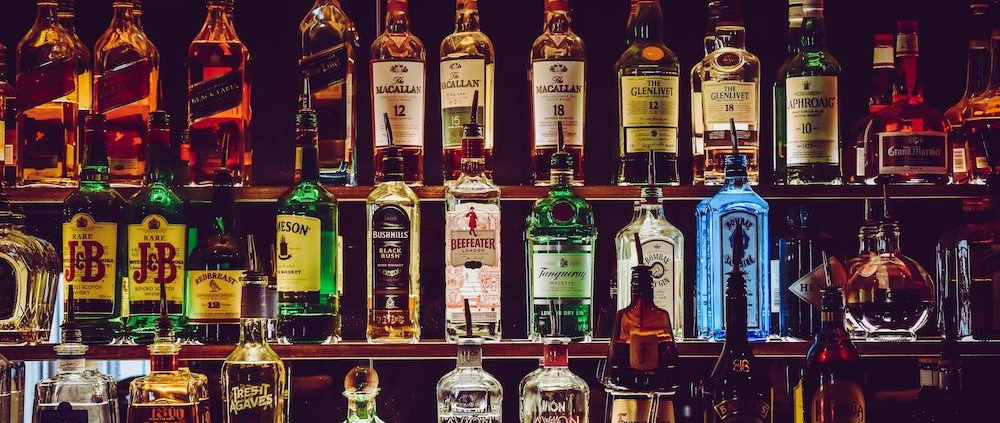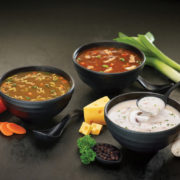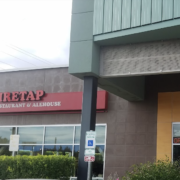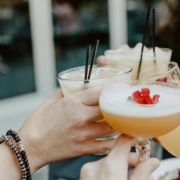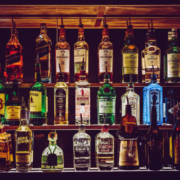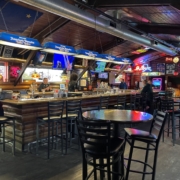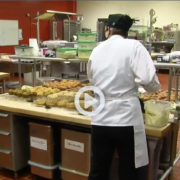Protect Your Liquor License
As a responsible owner and operator please remember to do the following:
Stop trouble before it starts on and near your establishment. The way your service is managed can make a difference at the end of the day. Manage your patrons and accept no tolerance when it comes to unacceptable behavior.
Keep the community happy. Due to crime, noise, traffic, or violence, law enforcement officials might protest the approval of your liquor license. The local community may also object. The number of protesters will help determine whether your liquor license should be approved. Be part and get involved in your designated community council.
Heighten security with better lighting, video cameras, hire security personnel, metal detectors, and by checking and possibly scanning – ID cards. When you check ID cards thoroughly the chances of underage access or court order repeated offenders entering your establishment will be limited.
Licensees should take advantage of the defenses afforded by the state liquor laws because it is the responsibility of the licensee and its employees to rely on human judgment and do everything reasonably possible to prevent minors from purchasing or entering a liquor license premise. If necessary, a licensee should require its employees to make each patron whose age may be in question to complete a signed declaration of age form.
Keeping intoxicated persons from entering your establishment and/or by observing over service will help decrease the chances of getting a violation for drunk on premise.
Ensure responsible drinking behavior by your own employees by having a code of conduct or provisions to pay for a taxi, UBER or offer a safe ride home for people who you might suspect over-consumed.
All employees including security personnel should be certified in an alcohol training course and current copies should be available on site if asked by an enforcement officer.
Security personnel should aim to be certified in a security training course.
Have a policy & procedures manual available for all employees.
Four (4) required warning signs should be displayed where they are noticeable by patrons.
The warning signs required must be at least 11 inches by 14 inches, and the lettering must be at least one-half inch high and in contrasting colors. The first sign must read; “Warning drinking alcoholic beverages such as beer, wine, wine coolers, and distilled spirits or smoking cigarettes can cause birth defects” (AS 04 21 065)”. The second sign must read “Warning a person who provides alcoholic beverages to a person under 21 years of age, if convicted under AS 16 051, could be imprisoned for up to five years and fined up to $50,000”. The third sign must read “Warning a person under 21 years of age who enters these premises in violation of law could, under AS 04 16 49 (e), be civilly liable for damages of $1,500. The third sign should be conspicuously displayed at each door through which customers enter the licensed premises. The fourth sign is required by the municipality of anchorage which is the “Warning sign for impoundment and forfeiture of vehicles AMC 10 50 035 (b).
Your business license and liquor license should be displayed at all times; you can protect the licenses from wear and tear by framing them.
Closing hours for licensed premises (Anchorage Municipal Code 10 50 010).
Premises licensed under AS 4.11.080 for the service and consumption of alcoholic beverages shall be closed for the sale, service and consumption of alcoholic beverages between the hours of 2:30 a.m. and 10:00 a.m. Monday through Friday, and between the hours of 3:00 a.m. and 10:00 a.m. on Saturday or Sunday or on a legal holiday recognized by the state under AS 44.12.010. All other retail premises licensed under AS 4.11.080 shall be closed for the sale of alcoholic beverages between the hours of 1:00 a.m. and 10:00 a.m. Monday through Friday, and between the hours of 2:00 a.m. and 10:00 a.m. on Saturday, and between the hours of 2:00 a.m. and noon on Sunday.
Title 4 [04.16.010] – Hours of Sale and Presence on Licensed Premises.
A person may not sell, offer for sale, give, furnish, deliver, or consume an alcoholic beverage on premises licensed under this title between the hours of 5:00 a.m. and 8:00 a.m. each day.
A licensee, an agent, or employee may not permit a person to consume alcoholic beverages on the licensed premises between the hours of 5:00 a.m. and 8:00 a.m. each day. A licensee, an agent, or employee may not permit a person to enter and a person may not enter premises licensed under this title between the hours of 5:00 a.m. and 8:00 a.m. each day. This subsection does not apply to common carriers or to an employee of the licensee who is on the premises to prepare for the next day’s business. A person may enter or remain on the premises of a bona fide restaurant or eating place licensed under this title to consume food or nonalcoholic beverages. A municipality may provide for additional hours of closure under AS 04.21.010.
Alaska Statues [44.12.010] Legal Holidays.
The following days are legal holidays:
(1) the first of January, known as New Year’s Day;
(2) the third Monday of January, known as Martin Luther King, Jr.’s Birthday as provided in (b) of this section;
(3) the third Monday in February, known as Presidents’ Day;
(4) the last Monday of March, known as Seward’s Day;
(5) the last Monday in May, known as Memorial Day;
(6) the fourth of July, known as Independence Day;
(7) the first Monday in September, known as Labor Day;
(8) the 18th of October, known as Alaska Day;
(9) the 11th of November, known as Veterans’ Day;
(10) the fourth Thursday in November, known as Thanksgiving Day;
(11) the 25th of December, known as Christmas Day;
(12) every Sunday;
(13) every day designated by public proclamation by the President of the United States or the governor of the state as a legal holiday. (b) For employment purposes, Martin Luther King, Jr.’s Birthday is a legal holiday for state employees who (1) are not covered by a collective bargaining agreement; or (2) are covered by a collective bargaining agreement whose terms (A) include by name Martin Luther King, Jr.’s Birthday; or (B) have been amended to substitute a holiday on the third Monday of January for Martin Luther King, Jr.’s Birthday in place of another paid holiday.
DE-DESIGNATED ZONES
If a licensed establishment wishes to have an area near the entry door available for intoxicated patrons who have basically been “cut off” to wait for transportation, such as a taxi or friend, you can submit an interior diagram of your establishment with that area depicted as the de-designated zone to Alcoholic Beverage Control Board for consideration of approval. Once it has been approved and removed from the licensed portion of the business, no alcohol will be permitted in that area.
The intent of the “de-designated” zone is to comply with the spirit of §AS 04.16.040 Access of drunken person to licensed premises, and to allow a safe location for patrons to wait inside from the elements of adverse weather. It should be clearly identifiable, and must be monitored by an employee – security personnel when being occupied.
This de-designated zone concept is not intended to be used for an area to allow individuals to sober up. Also, once the area has been classified as a “de-designated” zone, you cannot flip-flop back and forth to compensate for additional seating during peak occupancy levels.
Bringing alcoholic beverages inside the de-designated zone will be a violation of §AS 04.16.120 Removal or introduction of alcoholic beverages, since that portion of the establishment will no longer be considered part of the licensed premises.
A copy of the approved diagram must be posted in, or at the de-designated zone for inspection by law enforcement personnel.
Alcohol Restricted License (Title 4 Sec. 04.16.047)
[HB] 190 is an act relating to the purchase of alcoholic beverages and to access to licensed premises; relating to civil liability for certain persons accessing licensed premises; requiring driver’s licenses and identification cards to be marked if a person is restricted from consuming alcoholic beverages as a result of a conviction or condition of probation or parole and relating to fees for the marked license; and requiring the surrender and cancellation of driver’s licenses under certain circumstances.”
- In 2007 this law came into effect and it is treated as a civil penalty just like a minor consumption penalty;
- This is not mandatory however as responsible owners and operators we should treat this law at the same level as we treat the minor civil penalty;
- We do not want to serve a person who has been court ordered not to enter a liquor license establishment for the purpose of purchasing alcoholic beverages;
- In the event the location is a restaurant, the person can stay for the purpose of purchasing food only;
- You are entitled to collect the $1,000 civil penalty fine.
